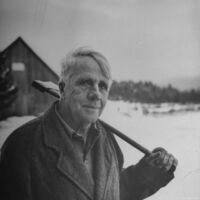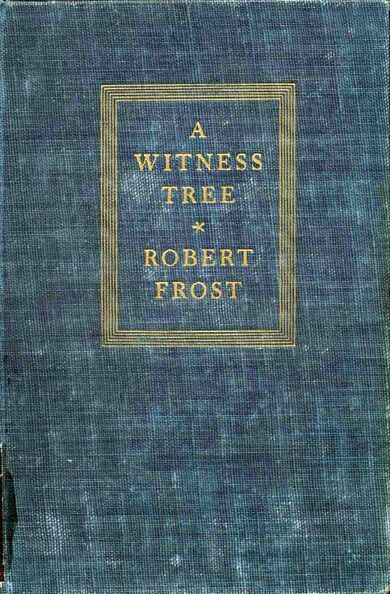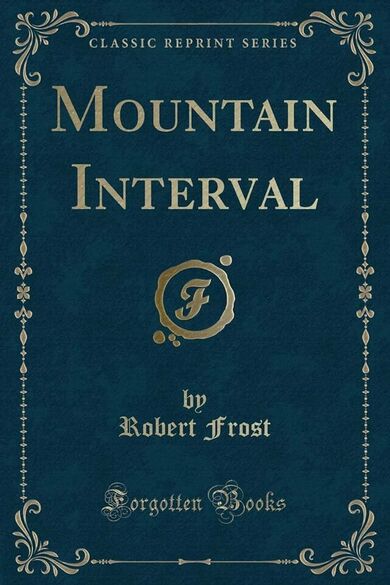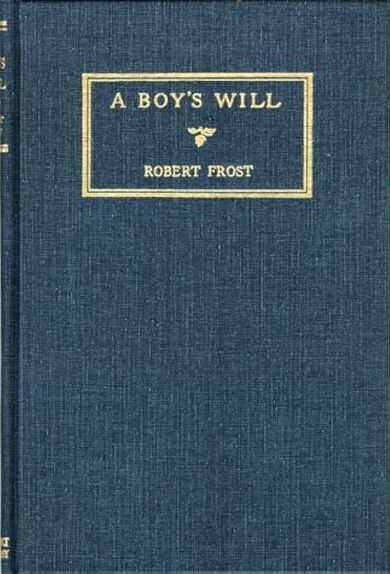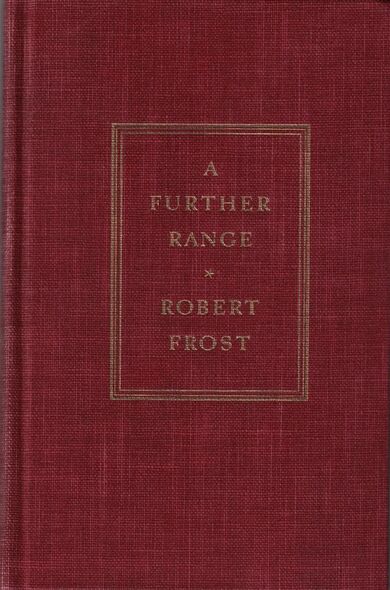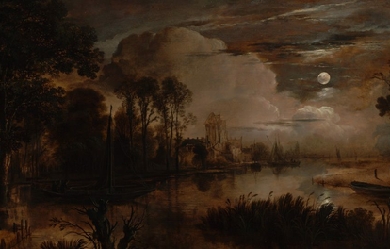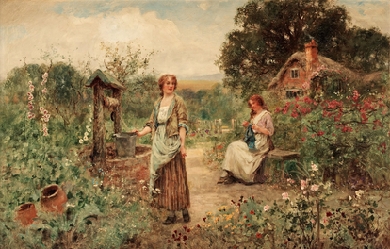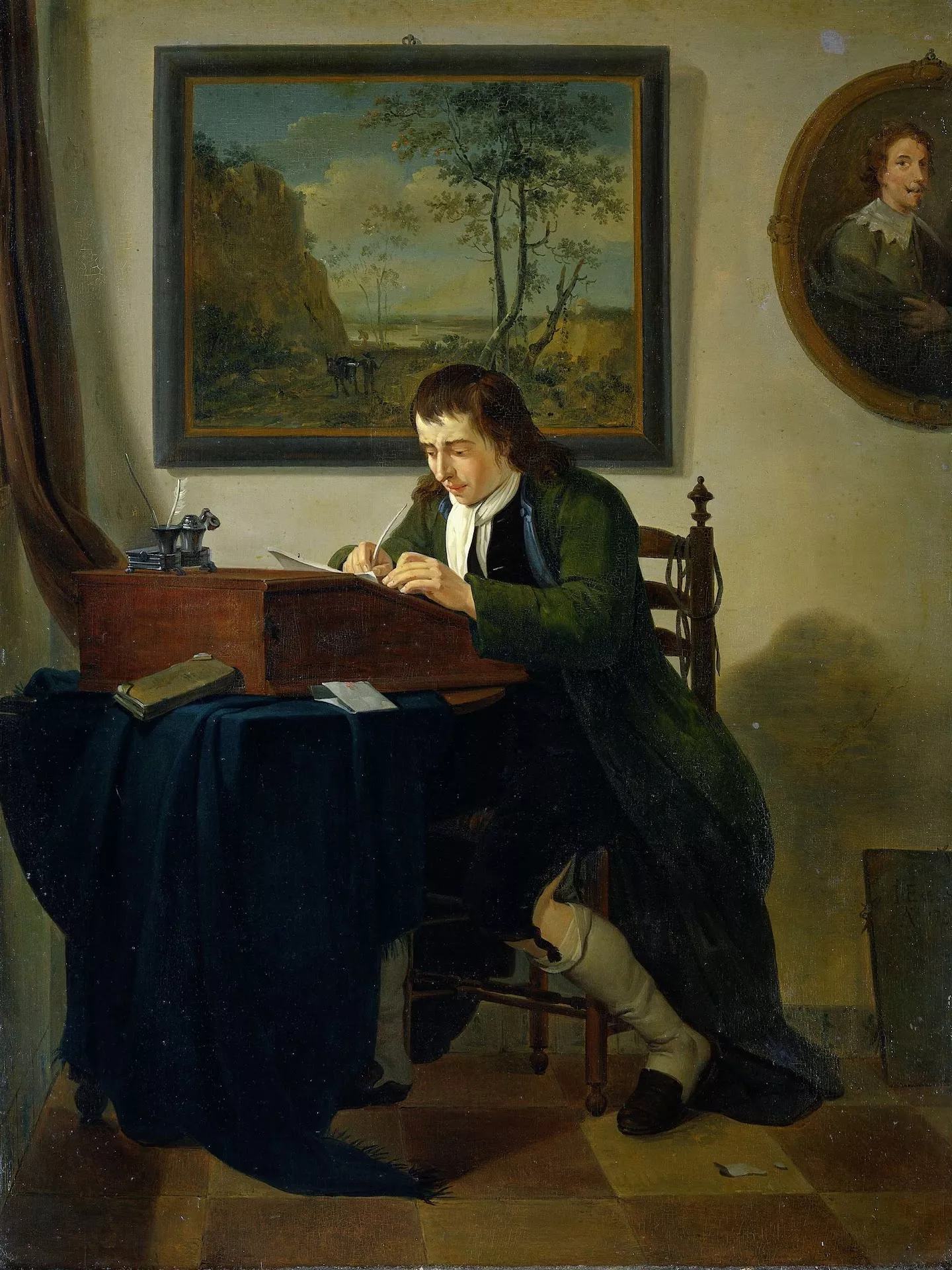
Quantula: In a Poem
Poet's Choice
By Robert PinskyWhat is a line? In screenwriting, IT IS something someone says. In poetry, too; but a line is also a unit of rhythm, represented on a page by a return to the left margin, somewhat the way sheet music represents measures with vertical lines.
Maybe it's easier to show examples of the poetic line than to define it. As with measures in music, all lines are not alike. Some are slow and some are fast, and in some the sound of the sentence stops at the end, and in some it blithely keeps going right over the line, just as this little poem by Robert Frost says:
What is a line? In screenwriting, IT IS something someone says. In poetry, too; but a line is also a unit of rhythm, represented on a page by a return to the left margin, somewhat the way sheet music represents measures with vertical lines.
Maybe it's easier to show examples of the poetic line than to define it. As with measures in music, all lines are not alike. Some are slow and some are fast, and in some the sound of the sentence stops at the end, and in some it blithely keeps going right over the line, just as this little poem by Robert Frost says:
In a Poem
And takes the playfully objected rhyme
As surely as it takes the stroke and time
In having its undeviable say.
Frost is partly showing off by giving a brilliant example of how what he describes should be done. All four of his lines follow the same pattern, and no two of them follow it in the same way. Like a jazz solo, the poem combines striking variations in movement with a rhythm that is "undeviable." The poem offers good advice about how to hear poetry, and it also enjoys its own virtuosity.
Similarly, the much earlier master Ben Jonson (1572-1637) shows what he can do, flamboyantly — like a dancer leaping — in order to chide a woman who has disrespected his picture. Poor Jonson sounded better than he looked. Cupid, the god of love, is supposed to be blind — but in this case:
My Picture Left in Scotland
For else it could not be
That she,
Whom I adore so much, should so slight me
And cast my love behind.
I’m sure my language to her was as sweet,
And every close did meet
In sentence of as subtle feet,
As hath the youngest He
That sits in shadow of Apollo’s tree.
That fly my thoughts between,
Tell me that she hath seen
My hundred of gray hairs,
Told seven and forty years
Read so much waste, as she cannot embrace
My mountain belly and my rocky face;
And all these through her eyes have stopp’d her ears.
The varying line lengths let Jonson demonstrate how gracefully he can move the "subtle feet" of his verses through such an attractive dance.
The lady he addresses apparently was better at appraising Jonson's build and complexion than at appreciating the sweetness of his verses.
http://www.washingtonpost.com/wp-dyn/content/article/2006/07/06/AR2006070601058_2.html

